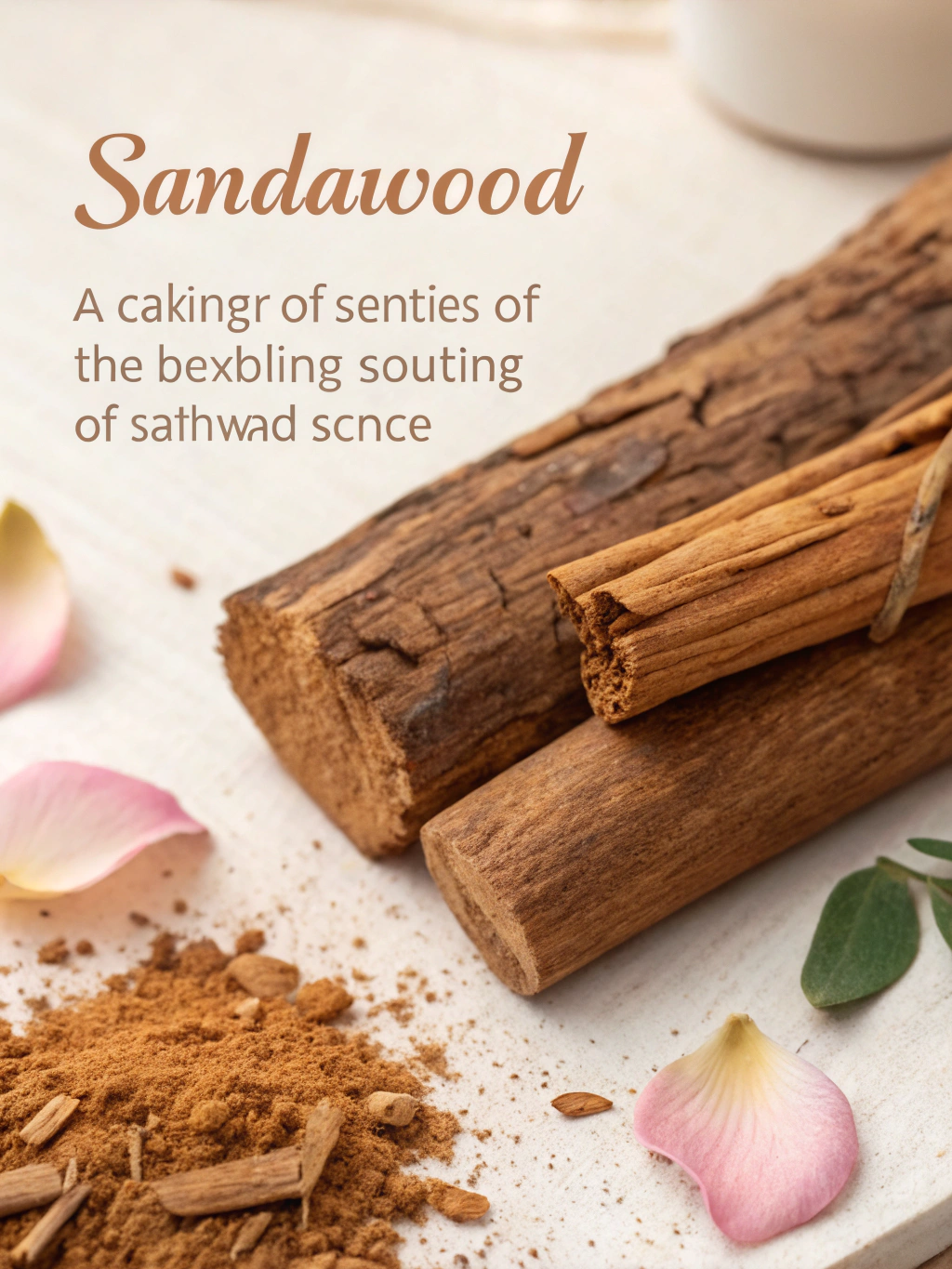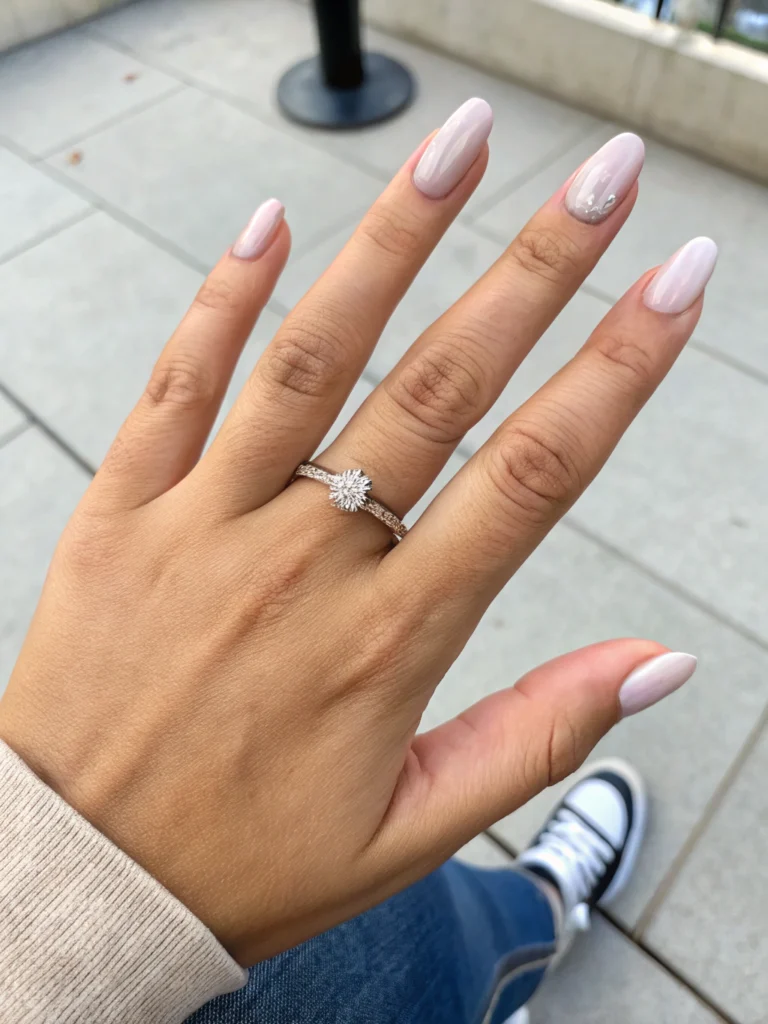What Does Bergamot Smell Like? 5 Best Scent Comparisons
Table of Contents
Introduction
Have you ever caught a whiff of Earl Grey tea and wondered about that distinctive, enchanting aroma that sets it apart? That’s bergamot, one of perfumery’s most treasured yet mysterious ingredients! Many people struggle to describe this unique scent, often comparing it to everything from citrus fruits to exotic spices. If you’ve been curious about what does bergamot smell like, you’re in for an aromatic adventure. This bright, fresh, and slightly sweet fragrance has captivated perfumers for centuries and appears in countless luxury fragrances, candles, and even gourmet foods.
Let’s uncover the secrets behind this fascinating scent and discover why it pairs so beautifully with other notes like sandalwood scent in some of the world’s most beloved perfumes.
Key Information Snapshot
• Origin: Bergamot is derived from the peel of the bergamot orange (Citrus bergamia)
• Scent Profile: Citrusy, floral, spicy, with subtle bitter undertones
• Main Notes: Fresh citrus, light floral, herbal, slightly bitter, sweet
• Common Uses: Perfumery, aromatherapy, flavoring (Earl Grey tea)
• Complementary Scents: Lavender, neroli, sandalwood scent, jasmine, vetiver
• Emotional Effect: Uplifting, refreshing, calming
Detailed Explanation
The Citrus Foundation
At its core, bergamot smells predominantly citrusy, but don’t mistake it for a simple lemon or orange scent. Unlike the straightforward sweetness of orange or the sharp tang of lemon, bergamot offers a complex citrus profile that’s simultaneously bright and bitter. Imagine the zesty freshness of a lime combined with the subtle bitterness of grapefruit, yet with its own distinctive character.
The Floral Complexity
Beyond its citrus foundation, bergamot carries delicate floral undertones that give it sophistication and depth. These subtle flowery notes aren’t heavy like jasmine or rose but instead provide an airy, almost neroli-like quality that elevates bergamot beyond being merely “citrusy.”
The Spicy Surprise
What truly sets bergamot apart is its unexpected spicy dimension. There’s a warm, slightly peppery quality that emerges, especially as the initial citrus burst fades. This spicy character is why bergamot pairs so beautifully with deeper notes like sandalwood scent in complex perfume compositions.
The Tea Connection
Many people recognize bergamot as the distinctive aroma in Earl Grey tea. This famous association has made bergamot one of the most widely experienced yet unidentified scents in the world. The tea highlights bergamot’s ability to be simultaneously refreshing and comforting.
The Bitter-Sweet Balance
Perhaps bergamot’s most fascinating characteristic is its perfect balance between bitterness and sweetness. This tension creates a sophisticated, adult fragrance that avoids being either too candy-like or too austere.
5 Best Scent Comparisons
Neroli: Like bergamot, neroli offers a citrus-floral profile, though neroli leans more heavily toward the orange blossom character.
Yuzu: This Japanese citrus shares bergamot’s complex bitter-sweet profile, though yuzu brings more grapefruit-like sharpness.
Petitgrain: Derived from the same citrus family, petitgrain captures bergamot’s woody-citrus quality but adds more green, leafy notes.
Green Tea: The fresh, slightly bitter aspects of green tea echo bergamot’s sophisticated profile, especially its ability to refresh without being simplistically sweet.
Lavender with Lemon: This combination approximates bergamot’s dual nature of being simultaneously herbal-floral and brightly citrusy.
Related Facts or Tips
Did you know? Bergamot oil is extensively used in aromatherapy for stress reduction and mood elevation. Studies suggest its composition of limonene and linalool contributes to these calming effects.
Tip: When shopping for bergamot-scented products, look for those that specify “FCF” or “bergaptene-free,” which indicates the potentially phototoxic compounds have been removed, making them safer for skin application.
Interesting fact: Genuine bergamot comes primarily from a small coastal region of Calabria, Italy, where unique soil conditions produce the most aromatic fruit. This limited growing region makes authentic bergamot oil quite precious.
Blending tip: Bergamot pairs exceptionally well with sandalwood scent, creating a perfect balance between bright top notes and rich base notes in home fragrance blends.
Common Questions (FAQs)
Is bergamot the same as bergamot orange?
Yes, bergamot oil comes from the peel of the bergamot orange (Citrus bergamia), which isn’t eaten as a fruit but cultivated specifically for its aromatic oil.
Why is bergamot used in Earl Grey tea?
Bergamot gives Earl Grey its distinctive flavor profile. The tradition began in the 1830s when a British diplomat received tea scented with bergamot oil as a gift.
Can bergamot cause skin sensitivity?
Natural bergamot oil contains bergaptenes that can cause photosensitivity. For skincare and perfume, look for “bergapten-free” or “FCF” (furanocoumarin-free) versions.
Does bergamot smell like lemon?
While both are citrus scents, bergamot is more complex with floral, spicy, and bitter notes that lemon lacks. Bergamot is less sharply acidic and more nuanced.
Does bergamot smell good with sandalwood scent?
Absolutely! The bright, fresh notes of bergamot complement the warm, creamy qualities of sandalwood scent perfectly, creating a balanced fragrance with both depth and lift.
Practical Applications
Home Fragrance
Add 5-10 drops of bergamot essential oil to a diffuser for an uplifting atmosphere that combats stress and fatigue. For a more complex scent, combine with 2-3 drops of sandalwood scent.
Natural Cleaning
Create an effective, pleasant-smelling counter spray by adding 15 drops of bergamot oil to 2 cups of water and ½ cup vinegar in a spray bottle. The oil’s natural antibacterial properties enhance cleaning power.
Personal Fragrance
For a quick natural perfume, mix 10 drops bergamot oil with 5 drops lavender and 3 drops sandalwood scent in 2 tablespoons jojoba oil. Apply to pulse points.
Mistakes to Avoid
Mistake #1: Using oxidized bergamot oil
Once bergamot oil oxidizes, it loses its bright, fresh character and can cause skin irritation. Always store in dark bottles away from direct sunlight and heat.
Mistake #2: Expecting a simple lemon smell
Many people are disappointed when bergamot doesn’t smell “lemony enough.” Appreciate its complex character rather than expecting a straightforward citrus scent.
Mistake #3: Overlooking quality differences
Not all bergamot oils are created equal. Synthetic versions lack the complex nuance of authentic Italian bergamot oil. Check for “Calabrian bergamot” for the highest quality.
Conclusion
Bergamot truly stands as one of perfumery’s most fascinating ingredients – a perfect balance of citrus brightness, floral sophistication, and spicy depth. Its ability to be simultaneously refreshing and comforting explains its enduring popularity in everything from luxury perfumes to everyday products. Next time you enjoy Earl Grey tea or catch a whiff of your favorite cologne, you’ll recognize bergamot’s distinctive signature and appreciate its complex beauty.
Have you encountered bergamot in your favorite scents? Try exploring bergamot-forward fragrances or essential oils and discover how this versatile aroma might enhance your daily life!






